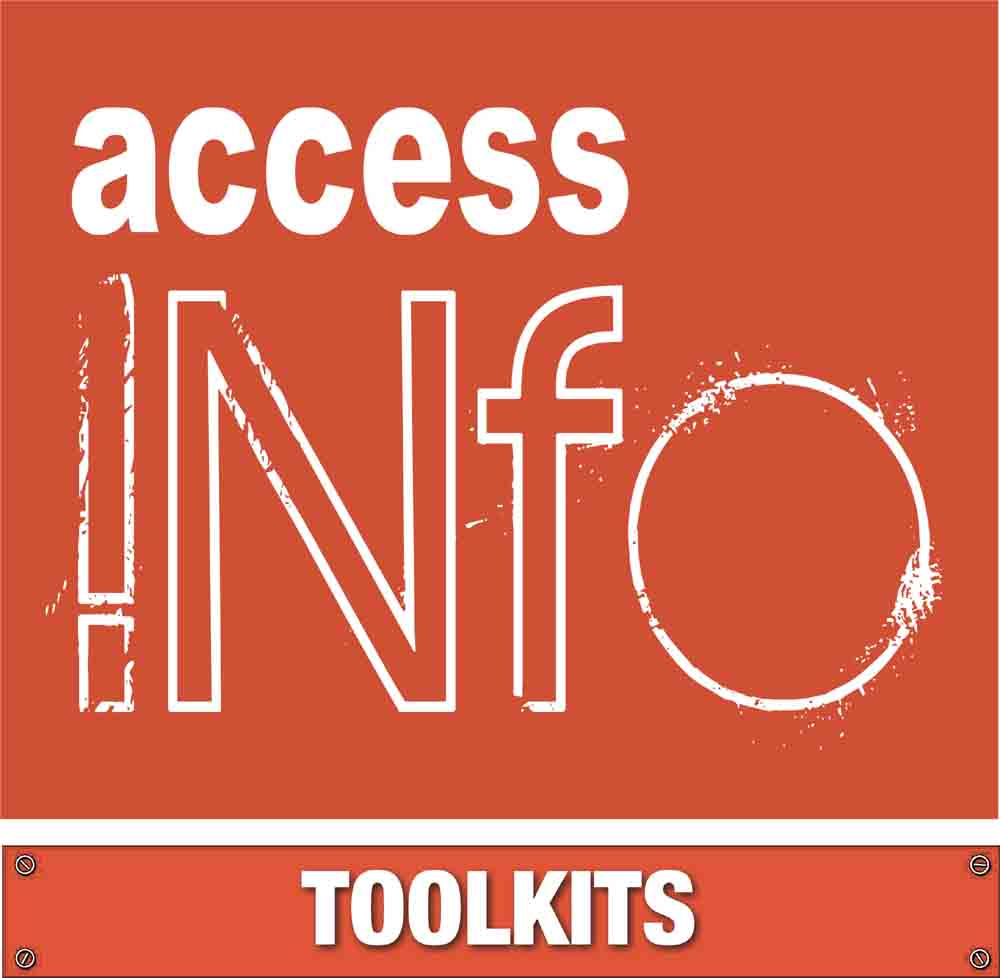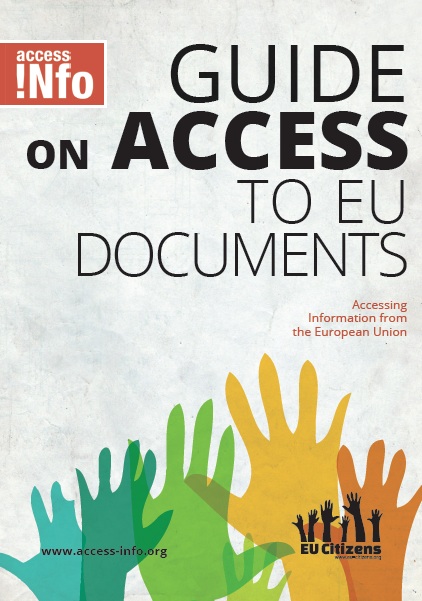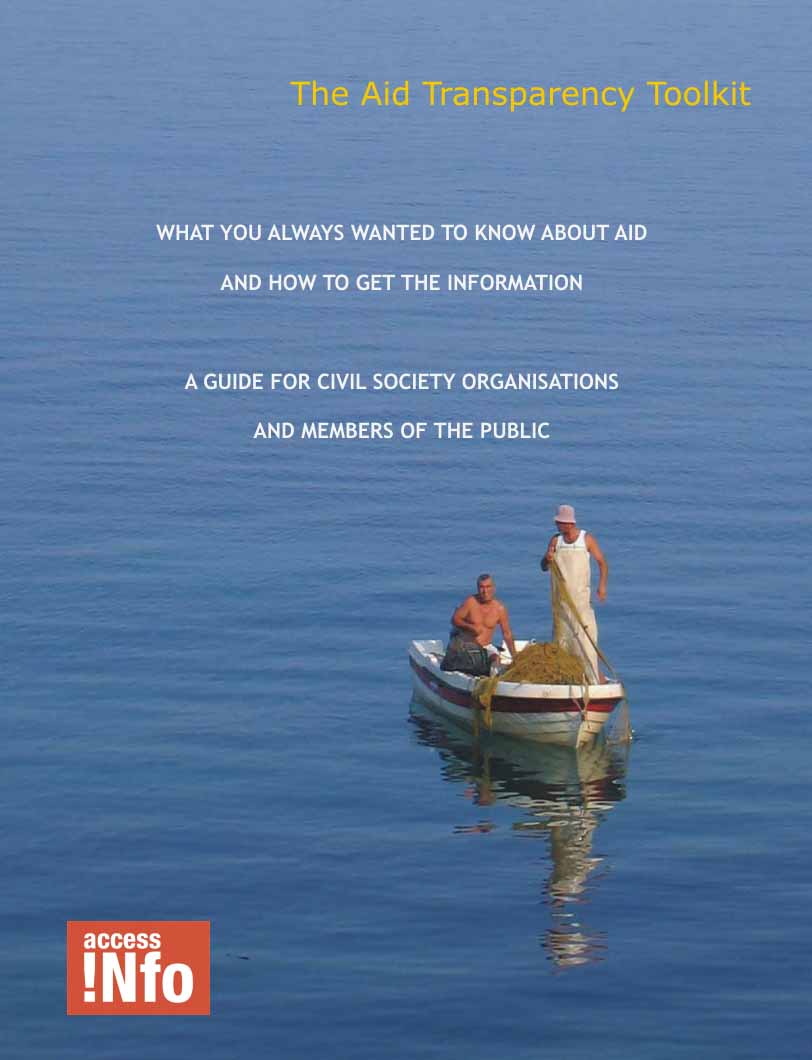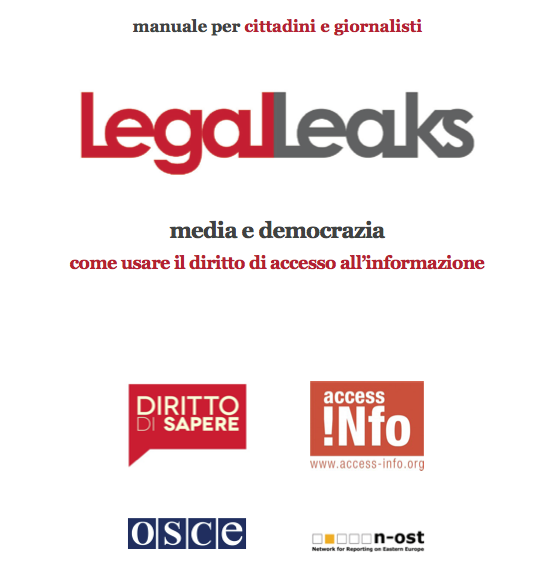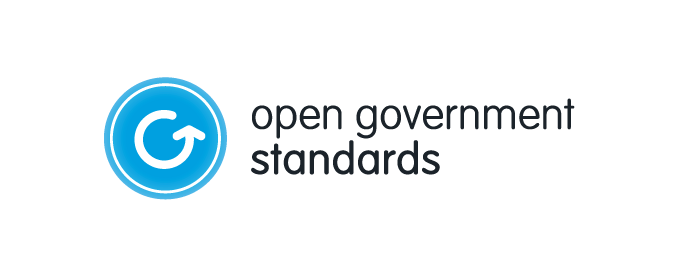Access Info files complaint before EU Ombudsman on procurement transparency in Serbia
Helen Darbishire2020-02-14T15:34:05+01:00Madrid, 4 March 2015 - Access Info Europe has criticised the European Commission’s refusal to provide full disclosure of an evaluation document about the procurement process for a water sewage plant in Serbia, in a complaint sent today to the European Ombudsman. [1] Access Info was denied access to the names of the companies that applied for a tender contract, the names of the committee members who chose the winner of the tender, the assessments made of the companies, and the details of the procurement contract. The European Commission office in Belgrade first denied this information on the grounds of



